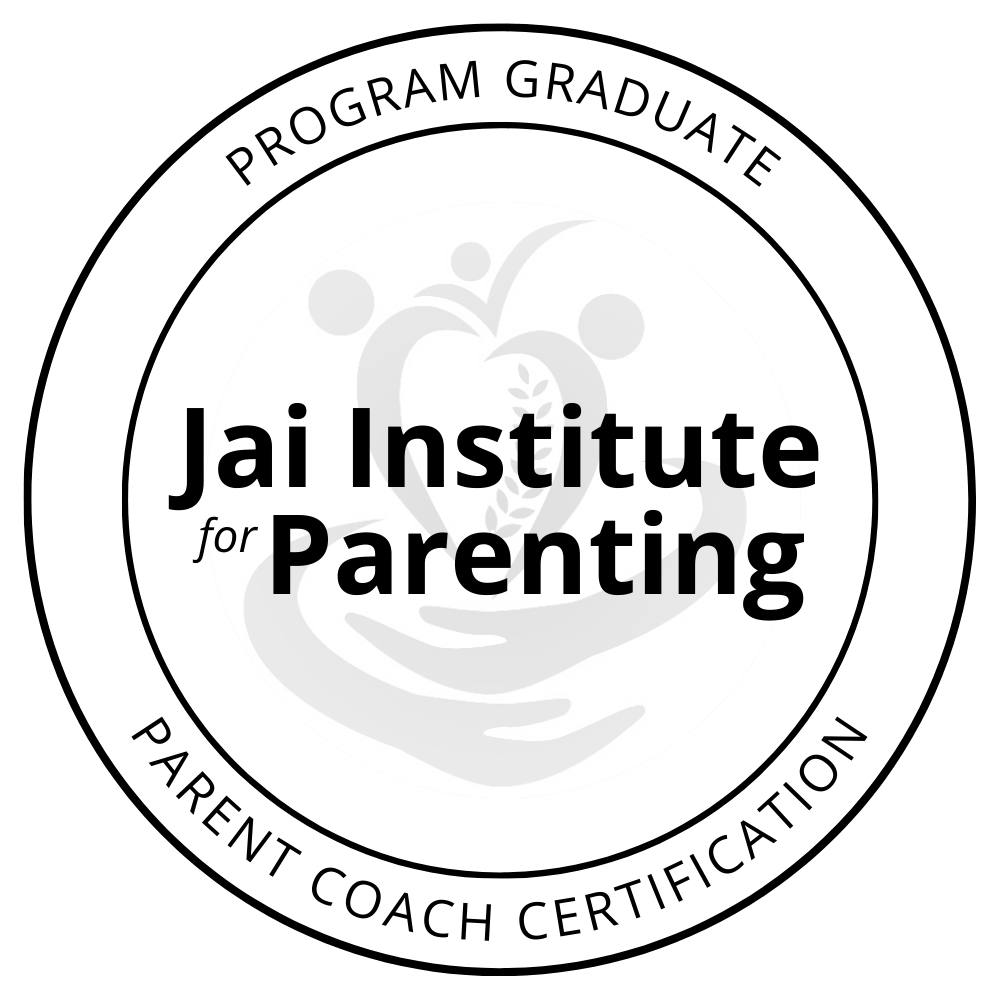Setting Limits Around Screens
A Peaceful, Empowered Approach the Fosters Connection

As a mom and a parenting coach, I have found the most common parenting issues are rooted in setting healthy limits around screens. Sometimes, it feels like the problem is too big to manage. Screens are everywhere. Parents need them for work, schools use them in the classroom, kids bring them home to do homework, etc. So much of our lives revolve around technology. It can be scary to see your child lost in a device, lose interest in activities that used to bring them joy, experience online bullying, exposer to inappropriate content, or worse. When this happens, likely, your parental instincts step in, and you know you must respond. You may have set limits only to find your child has a huge reaction or has found a way around the limit. I experienced this and even made idol threats to throw all devices in the garbage!
After coming to my senses, I remembered what I learned from Dr. Tina Payne Bryson: that behavior is communication. She reminded me that if children had trouble with a limit, that was their way of saying, "I need help with this skill." If we look at limits around screens through the lens of helping our children build the skill of having a healthy relationship with technology, we can see where our children need support.
We can create a plan using empowered and peaceful parenting techniques from this perspective.
Lead by Example
Children often learn by observing their parent's behavior. In empowered and peaceful parenting, leading by example is crucial. If you want your child to limit their screen time, you should also practice healthy screen habits. Show them you can strike a balance between work, play, and digital media. Spend quality time as a family, engage in non-screen activities, and emphasize the importance of face-to-face interactions.
Open Communication
The foundation of empowered and peaceful parenting is open communication. Sit down with your child and discuss the importance of screen limits. Explain the reason behind your decision, emphasizing the benefits of balance between screen time and other activities like physical play, reading, and social interactions. Encourage your child to share their thoughts, concerns, and preferences. This open dialogue sets the stage for a respectful and cooperative approach to setting limits.
Collaborative Decision-Making
Once you've had the initial conversation, involve your child in setting their screen time limits. Your child might say, "My idea is that I have no limits, and I get to be on my device as much as I want." You can say, "That works for you, but that doesn't work for me. When we come up with a solution in our family, it has to work for both of us (or all of us). So, let's keep working on it. Here's what I'm thinking…" Work together to establish guidelines that both of you can agree on. By including your child in the decision-making process, they'll feel a sense of ownership over the rules, making them more likely to adhere to them. This collaborative approach empowers your child to take responsibility for their screen usage while fostering a sense of autonomy and trust.
Define Clear and Realistic Boundaries
Empowerment doesn't mean a lack of structure. It is essential to define clear, realistic boundaries for screen time. Consider factors such as your child's age, daily schedule, and types of screen activities they engage in. Especially think about the activities and skills they are not
using when on a device. Children need active, hands-on engagement for their developing brains. Not all time on screens is terrible. During the pandemic, children lacked social engagement, and many learned to play video games with groups of friends. Kids laughing, talking, and strengthening friendships can be a positive activity. Set limits for different situations, like weekdays, weekends, and school holidays. When they are smaller, you may have to set the timer to signal the end of device time. You want to support them as they learn to set the timer themselves. You might ask, "What is your plan for getting off the device to get the sleep you need?" If they struggle with sticking to the agreement, you can say, "I see you are having a hard time. How would you like me to support you?" Having well-defined boundaries helps your child understand when and how to use screens, making it easier to self-regulate.
Encourage Alternative Activities
Encourage your child to explore alternative activities to make screen limits more manageable and appealing. Create a list of fun and enriching pursuits they can enjoy when not using screens, such as outdoor games, arts and crafts, reading, or cooking together. When your child discovers the joys in these activities, they'll willingly put down their devices. Children naturally enjoy these activities. It is a good sign that they are trying to fill an unmet need if they resist them. Their resistance brings an opportunity as a parent to hold the limit, get curious and use active listening skills, become the detective, and help your child meet their needs more healthily. Remember that time on screens can dysregulate our nervous system and that time in nature is an excellent way to regulate our nervous system.
Conclusion
Setting limits on your child's screen usage is essential to empowered and peaceful parenting. It allows your child to enjoy the benefits of technology while maintaining a balanced and healthy lifestyle. By leading by example, promoting open communication, collaborative decision-making, clear boundaries, and encouraging alternative activities, you can create an environment where your child understands and respects the limits you have set. And your connection with your child is strengthened. You may benefit from working with a professional after trying the above suggestions and still struggling with screen issues. Parenting in the digital age is complex; we are in uncharted territory. Seeking support may help you feel less alone and more confident.
Contact me for more ideas and support with setting limits and developing healthy tech habits.











